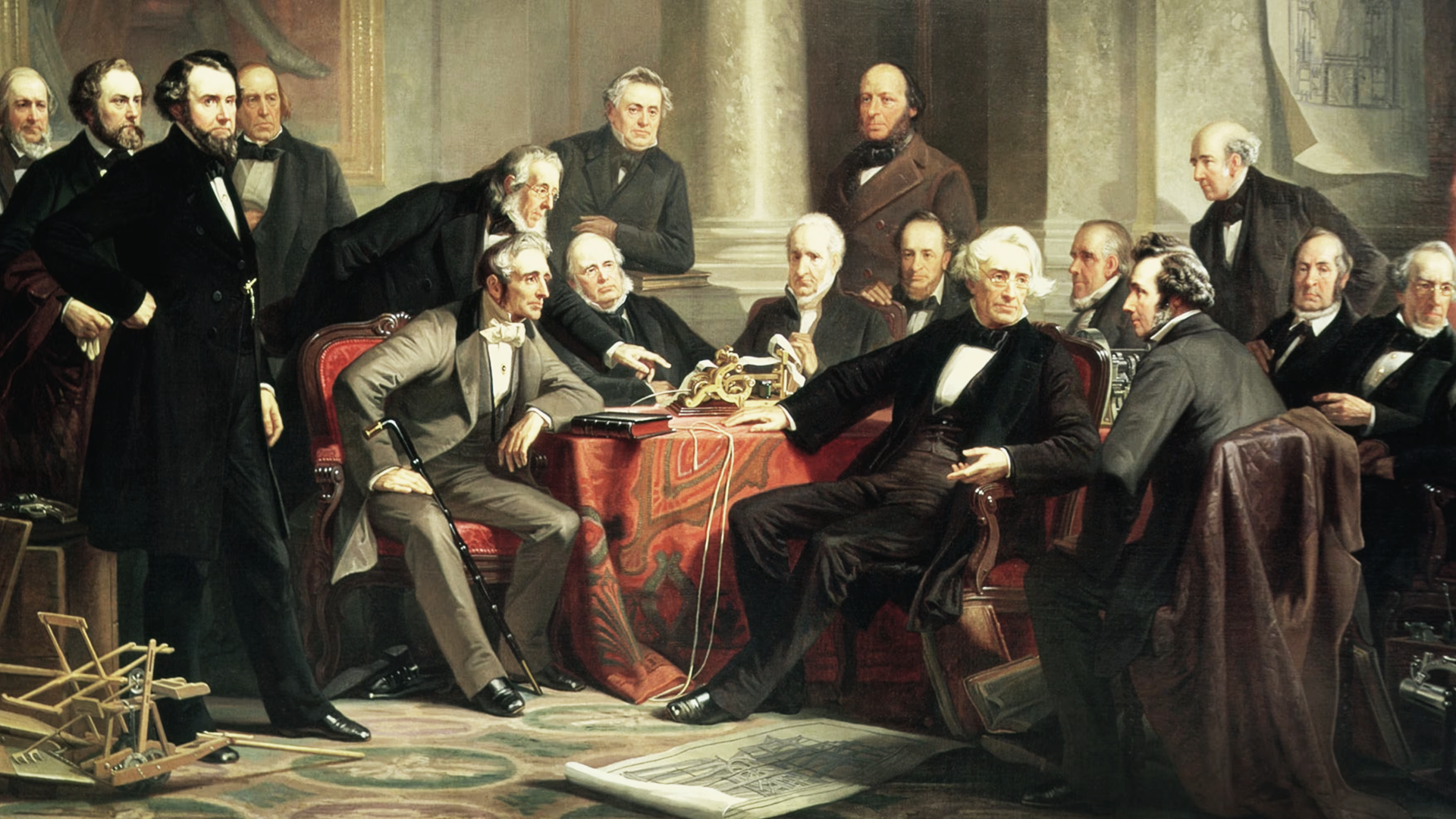The Enlightenment: Revolution of the Mind

The Enlightenment emphasized reason, science, and individual rights over tradition and superstition.
The Dive
The Enlightenment, often called the Age of Reason, swept across Europe and the Americas during the 1600s and 1700s. It wasn’t just an intellectual movement, it was a cultural awakening that challenged centuries of tradition, authority, and superstition. Its thinkers asked daring questions: What if truth didn’t come from kings or priests? What if it came from evidence, experience, and reason? The answers would forever change how people viewed science, politics, and themselves.
The movement’s roots stretched back to the Scientific Revolution, when astronomers like Galileo Galilei and Isaac Newton revealed that the universe followed natural laws that could be observed, tested, and explained, not simply accepted as divine mystery. Newton’s law of gravity and his “clockwork universe” model inspired philosophers to believe that society, too, might be improved by discovering the laws that governed human behavior.
Among those philosophers was John Locke, whose ideas reshaped politics around the world. Locke believed that all humans were born with natural rights—life, liberty, and property—and that governments existed only to protect those rights. If a ruler violated them, citizens had the right to change their government. His ideas leapt across the Atlantic, inspiring the language of the Declaration of Independence and the American Revolution’s belief that freedom is not granted by kings but inherent to all people.
In France, the Enlightenment roared through salons where social gatherings of thinkers, writers, and scientists debated bold new ideas. Voltaire, with his sharp wit, took aim at censorship, fanaticism, and tyranny, arguing for freedom of speech and religion. Montesquieu studied governments around the world and concluded that liberty thrives when power is divided, an idea that directly shaped the U.S. Constitution’s three branches of government. Meanwhile, Jean-Jacques Rousseau challenged the notion that rulers should govern without the people’s consent, arguing that society should be based on a “social contract” built upon equality and collective will.
The Enlightenment wasn’t confined to Europe. It crossed oceans and took root in the American colonies, where figures like Benjamin Franklin became its living embodiment. Franklin’s curiosity, inventions, public libraries, and civic projects reflected the movement’s faith in education, experimentation, and self-improvement. His career proved that reason and moral virtue could coexist and that knowledge, when shared, was a form of power.
Print culture gave the Enlightenment its wings. Books, pamphlets, encyclopedias, and newspapers spread new ideas faster than ever before. The Encyclopédie, edited by Denis Diderot, sought to collect all human knowledge and make it accessible to everyone—a radical idea in a world where information had long been guarded by the elite. Secret societies like the Freemasons became hubs for discussion, allowing free thought to flourish outside the control of church and crown.
Some colonies, like Georgia, even experimented with Enlightenment-inspired social design when it was founded in 1733. The colony’s founders envisioned a fair and just society with bans on slavery and alcohol. Yet, as settlers rebelled against these restrictions, the gap between Enlightenment ideals and economic reality became painfully clear, a reminder that reason and morality were easier to imagine than to enforce.
Perhaps no one captured the spirit of the age better than the German philosopher Immanuel Kant, who challenged humanity to “Dare to know.” He urged people to break free from ignorance and think for themselves, warning that blind obedience, whether to religion, tradition, or authority, was the enemy of progress. His call echoed in classrooms, laboratories, and eventually, in revolutions.
The Enlightenment’s influence was vast and complex. It inspired the American Revolution, which put Locke’s and Montesquieu’s principles into practice; the French Revolution, which sought liberty and equality but descended into violence; and the Haitian Revolution, where enslaved people demanded the rights Enlightenment thinkers had promised but rarely applied. These contradictions exposed the movement’s limits: an age that preached reason and equality still struggled to extend those ideals to women, the poor, and people of color.
Yet despite its flaws, the Enlightenment changed everything. It replaced fear with curiosity, authority with inquiry, and tradition with transformation. It invited humanity to see knowledge not as a privilege, but as a right—and to believe that a better world could be built not by divine decree, but by human reason and shared courage.
Why It Matters
The Enlightenment didn’t just shape governments, it shaped minds. Its legacy is written into the DNA of democracy, freedom of thought, and public education. Understanding its contradictions, its champions, and its consequences helps us ask better questions about the world we live in today.
?
Which Enlightenment ideals are most visible in the U.S. Constitution?
How did print culture help spread Enlightenment ideas across continents?
In what ways did Enlightenment thinkers clash with religious and political authorities?
Where did Enlightenment ideals succeed and where did they fall short in practice?
Dig Deeper
Crash Course breaks down how Enlightenment thinkers like Locke and Voltaire shook the foundations of monarchy and church, and helped birth the modern world.
Related

The Declaration of Independence: Ideas, Action, and Aftermath
When the colonies declared independence, they didn’t just start a war—they launched an idea that would echo across centuries. But did America live up to it?

The Haudenosaunee Confederacy: Indigenous Roots of American Democracy
Long before the Founding Fathers gathered in Philadelphia, a league of Native Nations had already established one of the world’s oldest participatory democracies—an Indigenous blueprint for unity, peace, and governance.

Human Rights
Human rights are the basic freedoms and protections that belong to every person on Earth. They help keep people safe, ensure dignity, and make freedom, justice, and peace possible. But these rights aren’t just given—they must be understood, protected, and defended by all of us.
Further Reading
Stay curious!
